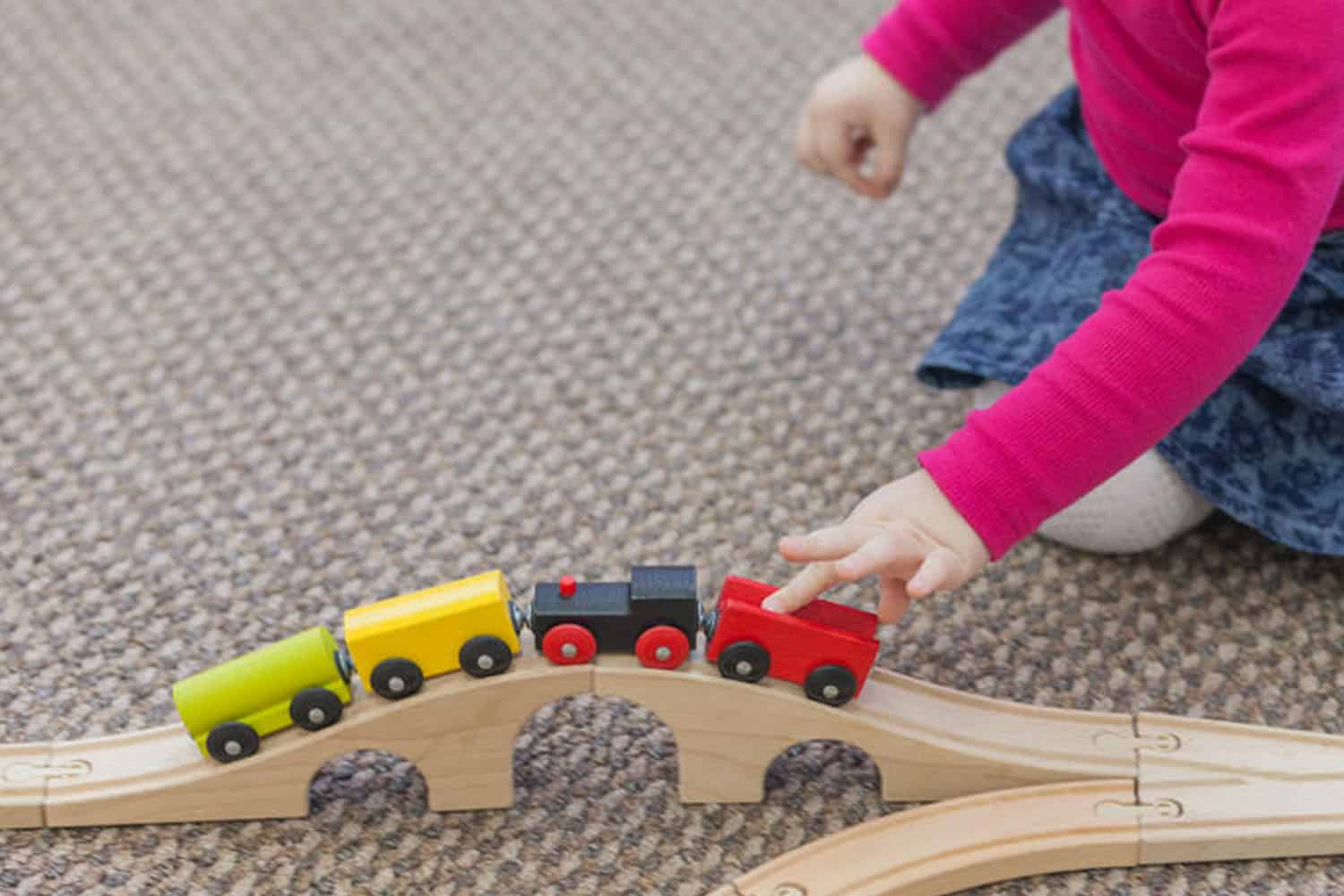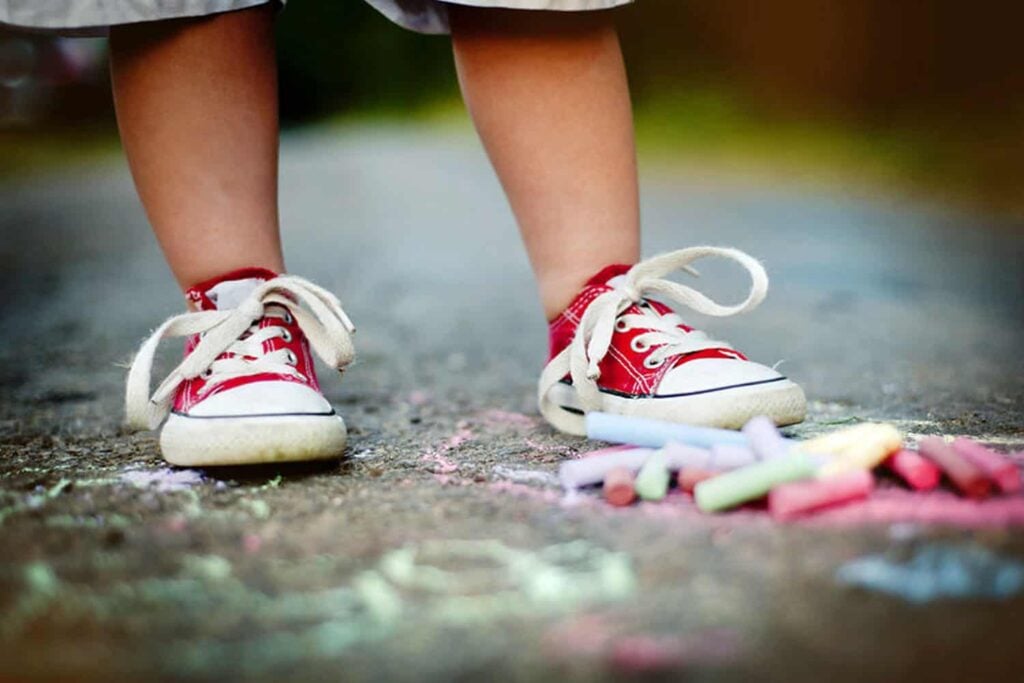Family Learning Sessions.
By Tim Kahn.
(London Correspondent)
You are probably familiar with the current idea in the UK that what parents do with their children is the factor that has the biggest effect on children’s learning and development outcomes (Desforges, 2003). Developments in brain research have shown this to be particularly true in the early years, at a time when the brain is developing at its fastest. Research shows that children’s development is determined both by nature and the environment, in other words both by the developing brain and by the environment created by children’s carers.
A few years ago, an excellent book summarising research and explaining its implications for families was written (Roberts, 2009a).
Local and national funding was made available for training for early years workers on the importance of partnership with parents, showing them both that parents held an essential key to their children’s development and offering practical ways of engaging with parents.
Rather than just looking after and educating the children in their care, early years workers were being encouraged to recognise that they had a key role to play in facilitating the learning and development of ‘their’ children in their own homes as well. (This is, of course, where children spend most of their time – in the UK it is estimated that up to the age of 16 children spend 85% of their waking time outside formal educational institutions.) One of the ways of doing this is through running family learning sessions.
What is family learning?
Family learning, as its name suggests, is where members of a family learn together. This could be mothers, fathers, grandparents or anyone who cares for the child learning together with the child. Family learning takes place in one-off workshops – on messy play or making puppets, for example – or as part of longer programmes. What is important is that both the children and the adults who participate in family learning sessions take away something they have learned. (In the box, below, is a lovely example of the learning that might take place in a family learning session.)
Amir and his dad are taking part in a family learning session. It is the last in a series of six sessions in ‘stop motion animation’ – making cartoon films. Amir is hard at work with his father. They have made five little duck models out of plasticine and are using them in their animation to illustrate ‘five little ducks went swimming one day’. Now that they have made their models, dad reads the story and moves the ducks in accordance with the story. Amir presses the button on the computer when dad tells him to. And when they have finished they sit back and satisfactorily view the film they have made together.
While Amir can now call himself a film-maker – with all the skills that go with that – dad is simply amazed at how long Amir can concentrate and what he can do. He had no idea five-year olds can do that.
That short course changed the lives of one father and his son.
In the previous years of plenty (as they now appear to be), programmes supporting families were run in many places. Hopefully, now, in this time of austerity, the gains of the recent period will not be lost completely. One of the things we learnt was that it was mostly mothers (and other female carers) who attended – and benefitted directly from – family learning sessions. One of the success stories of that period was that programmes that appealed to fathers and other male carers (as well as to mothers and other female carers) were devised (such as the stop motion animation series of sessions described in the box above, and science sessions on floating boats and ‘bucketland’) and run to great acclaim.
Every decade is different from the last. The question for all of us now is: what does the future hold for family learning?
References
Desforges, C. with Abouchaar, A. (2003). The Impact of Parental Involvement, Parental Support and Family Education on Pupil Achievements and Adjustment: A Literature Review. Nottingham,UK: Department for Education and Skills
Roberts, K. (2009a). Early Home Learning Matters. London, UK: Family and Parenting Institute
Roberts, K. (2009b). Early Home Learning Matters: A Brief Guide for Practitioners. London, UK: Family and Parenting Institute (available from the resources section of the Family and Parenting Institute website http://www.familyandparenting.org)









